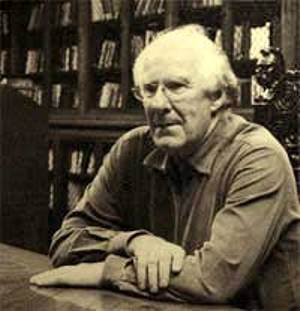And now it’s time to return to local news, with a few little vignettes from recent days illustrating life in Our Wee Pravince.
First up, I suppose, is the small riot at a meeting of Limavady council the other night, when PSF councillors were chivvied by a 70-strong loyalist mob who had turned up for the meeting. This sort of thing used to happen regularly at Belfast City Hall, but it hadn’t been heard of at council meetings in the recent past. What was going on here?
Well, apparently nationalist councillors had been questioning whether having things like pictures of the Royal Family adorning council property was quite in the spirit of equality that our New Dispensation is supposed to enshrine. I actually though the Fair Employment Act had dealt with those issues twenty-odd years ago, but maybe there’s a time lag out in the sticks. Similarly, demographic changes in the Leap of the Dog mean that the local council now has a nationalist majority, something Limavady Prods have a hard time accepting. At least the unionist councillors holding forth on the mob’s feeling that their identity was being taken away ran true to form.
Then we have Wallace Thompson. “Who he?” you may ask, and I confess I had never heard of the bloke either. But he popped up on the wireless representing something called the Evangelical Protestant Society, giving off about the Church of Ireland. Apparently the gift shop at the CoI cathedral in Armagh had been selling rosary beads, and to Mr Thompson this was an unacceptable concession to ecumenism and idolatrous popery. Mr Thompson went on to describe Pope Benny as the Antichrist, and promised to fight tooth and nail to prevent the mooted papal visit to the North.
To those of us who regularly listen to local radio, this is all pretty standard boilerplate. I mean to say, tune in to Talk Back for a week and you’ll quickly become inured to sectarian wingnuts. What caused a fuss, and catapulted the story onto the front page of the Telegraph, was the revelation that Mr Thompson is a special advisor to enterprise minister Nigel Dodds (DUP). And in fact his comments would have been more or less typical of DUP discourse a few years back. But just slightly embarrassing for a party attempting to shed its sectarian cornerboy image.
Meanwhile, the peelers were getting politically correct. Norn Iron’s cops have been instructed not to use derogatory terms like “fenian” or “hun”, as they may be perceived to be sectarian. So speaks the PSNI’s Directorate of the Bleeding Obvious.
And then we have the much-delayed appointment of the Victims’ Commissioner. Regular readers will recall that some time ago I suggested that, as nobody can agree who actually is a victim of the Troubles, our joint presidency of Big Ian and Marty should appoint two joint commissioners. Actually, it seems they will now be appointing not one, not two, but four commissioners with equal standing. Seeing how this is exactly the sort of harebrained scheme that UN diplomats in Phnom Penh or Sarajevo might cook up, I suppose it at least shows the Chuckle Brothers have assimilated modern theories of peacemaking.
Finally, there is Donald Trump. You’ll recall that, at the time of the Chuckle Brothers’ recent visit to the States, the Donald had suffered a brush-off from Aberdeenshire councillors who didn’t want his monstrous golf resort on their doorsteps. Never one to miss an opportunity, Papa Doc lobbied the Donald to build the resort in North Antrim instead. And so it has come to pass that the Donald’s representative, one George Sorial, has been in Norn Iron scouting out locations.
In fact, Mr Sorial was even received at Stormont by our devolved rulers. I was also intrigued by his comments to the effect that Trumpland might be built in partnership with a local developer. As luck would have it, I can think of a developer in North Antrim who might be interested in a piece of the action…









